Tosca at the Royal Opera House
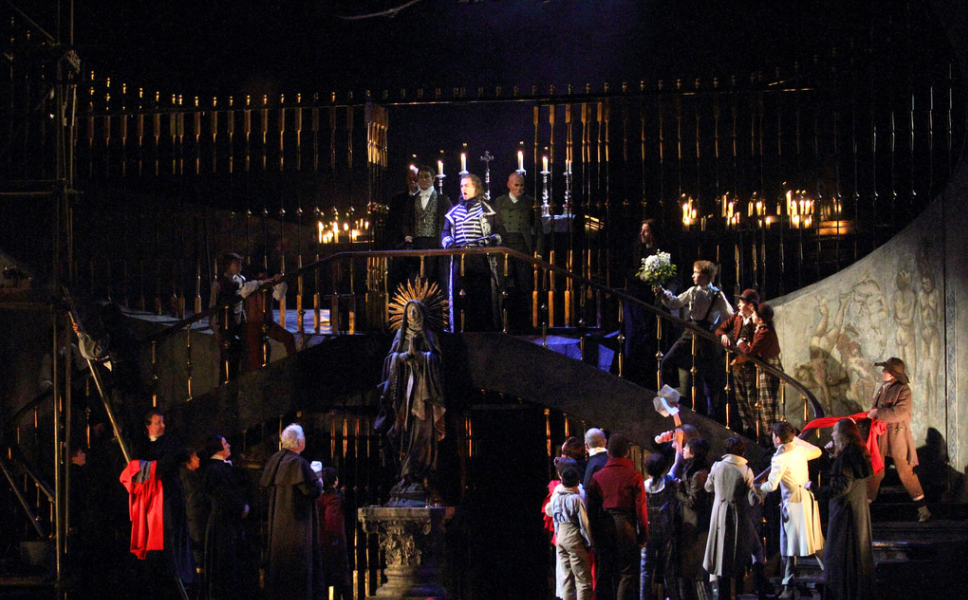
Puccini’s warhorse opera is inveterately popular. The convoluted and melodramatic plot is nonetheless tempered by exquisite orchestration and stunning set-pieces. When painter Cavaradossi shelters an escaped prisoner, he brings forth the wrath of Baron Scarpia, the lascivious chief of police who also desires his lover, the singer Tosca. He promises to release Cavaradossi if she gives herself to him, but it backfires when she stabs him. Unfortunately, the mock execution she was promised turns out to be all too real, and she throws herself off the castle walls.
The latest revival of the Royal Opera House’s Tosca shares the title role between three sopranos, and, for two performances only, it’s being taken by superstar soprano Angela Gheorghiu. She’s known for her signature offstage brand of self-obsessed melodrama, and this can show sharply in her performances. Luckily, it suits the title role of celebrated singer Floria Tosca perfectly. What would come across as absurdly hammy over-acting for most somehow seems more natural on Gheorghiu; it becomes plausible that this diva’s diva would act in such a way, though some mannerisms, like the flipping of her dress’s long train, do begin to amuse instead of add to the character. However, she brings charm to the lighthearted moments of Act One and intense drama to the emotional turbulence of Acts Two and Three. Her voice is still beautiful, though it’s lost some of the bloom it once had, and it’s easy to wish for a little more steel in moments of jealousy and anger.
Joseph Calleja has a gorgeously rich tone as her lover Mario Cavaradossi, and his warm openness suits the part, but his tendency to become very static while singing does mean that his relationship with Tosca often feels more like one of easy affection than passion. In sharp contrast, Gerald Finley fully inhabits Scarpia, the vile chief of police, making him not a brutish but a menacing evil. It’s an excellent choice, not only because it stands out but also because his voice is on the small side for the role, though every phrase is shaped with sublime precision. This fault is mostly well-covered, but the spectacular showpiece of the Act One finale is sadly reduced as his voice simply doesn’t carry enough, despite the volume of the orchestra and chorus being lowered to compensate.
The supporting roles are all sung effectively, particularly Aled Hall’s threatening Spoletta. Dan Ettinger mostly leads the orchestra well, and his able following of Gheorghiu’s idiosyncrasies should be commended. Some of the transitions between contrasting moments could have been better managed, and last night there were occasional slips between the singers and orchestra.
This production, by Jonathan Kent, is on its ninth revival, and it isn’t hard to see why. The sets are evocative and period appropriate, and the character-driven drama is allowed to come to the fore. Yet it doesn’t do much to illuminate anything beyond what is already obvious, and the minimalist final act feels like rather a disappointment. As a whole, though, it’s easy to like, and will probably endure for many years to come.
Juliet Evans
Photo: Catherine Ashmore
Tosca is at the Royal Opera House from 15th January until 3rd March 2018. Book your tickets here.
Watch the trailer for Tosca here:

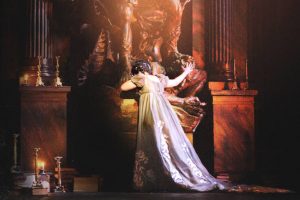
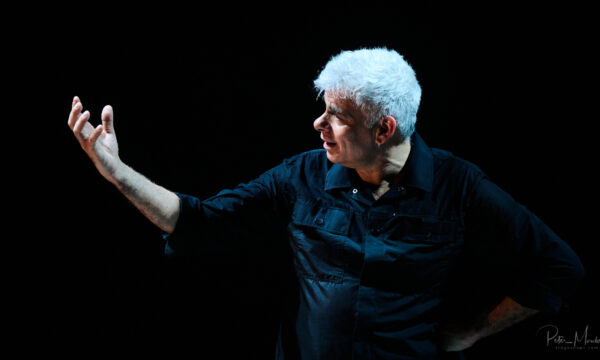
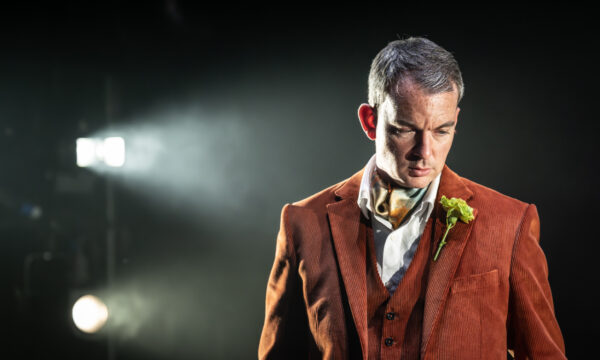
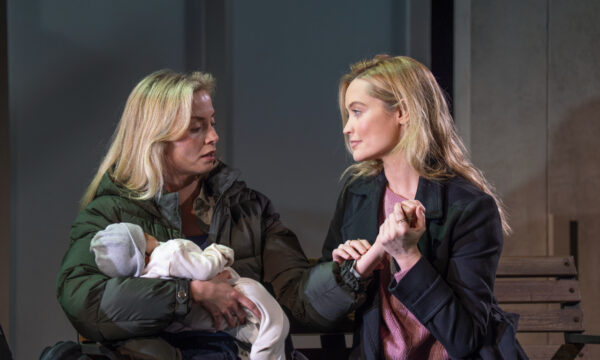
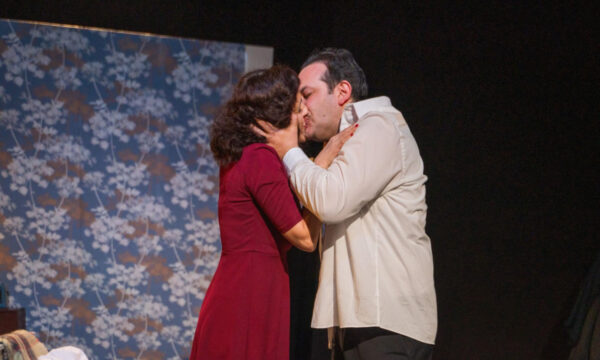
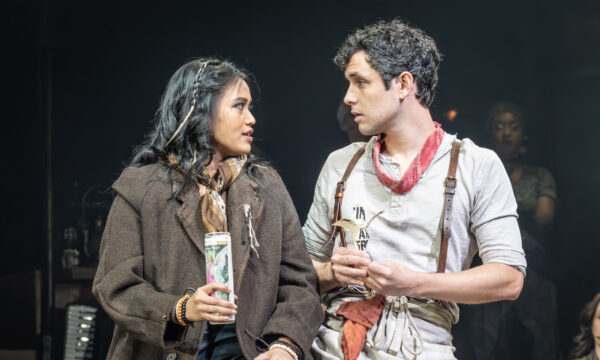
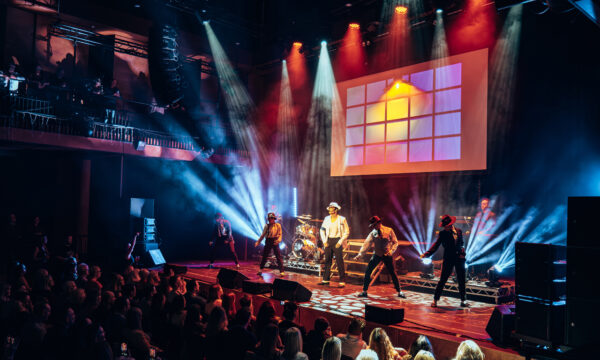
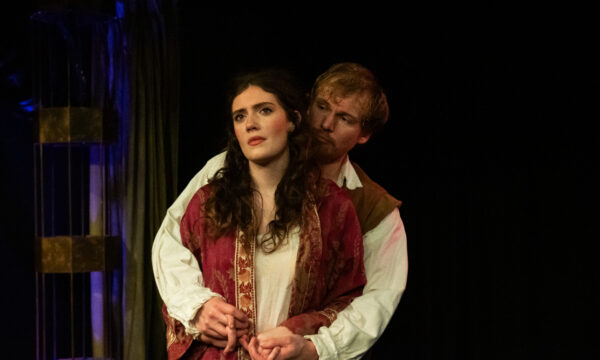
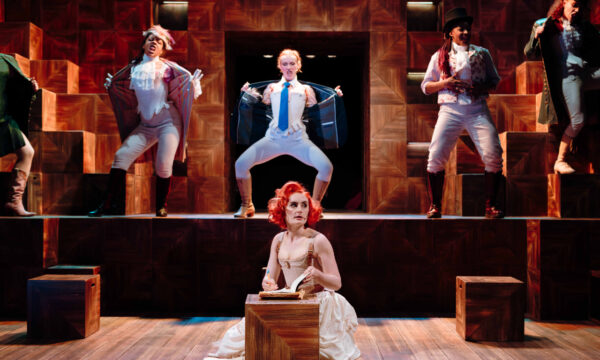
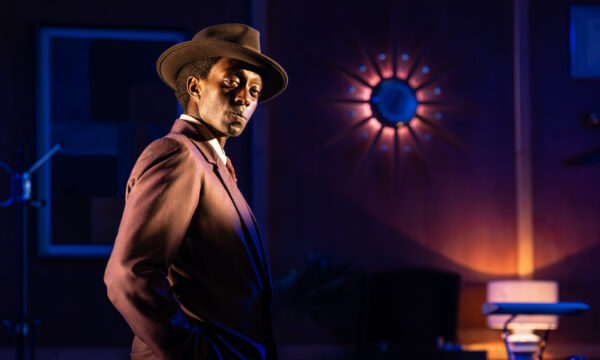








Facebook
Twitter
Instagram
YouTube
RSS